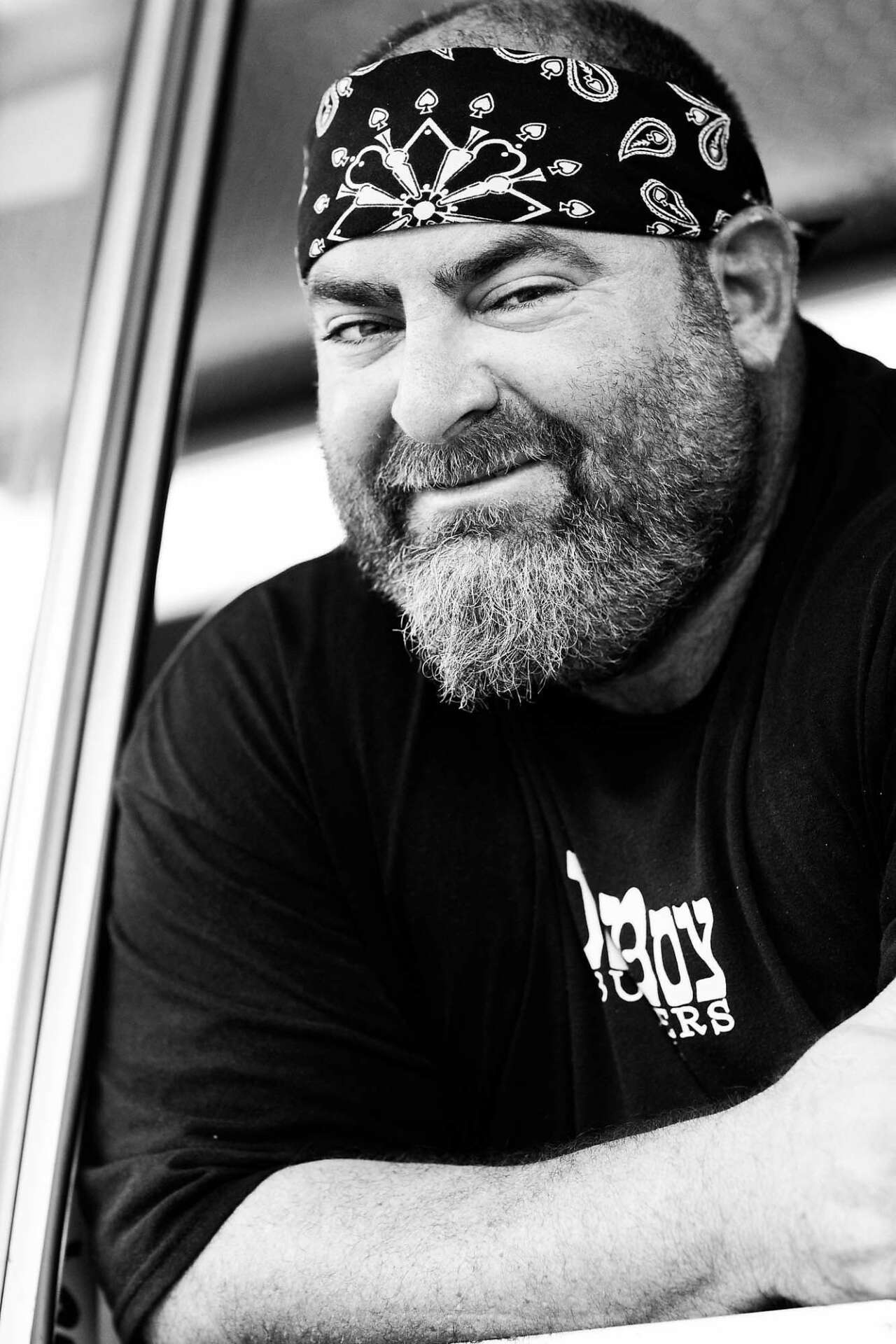We’re excited to introduce you to the always interesting and insightful Mo Pittle. We hope you’ll enjoy our conversation with Mo below.
Mo, appreciate you joining us today. So, naming is such a challenge. How did you come up with the name of your brand?
As a copywriter/creative director, you’re trained to look for the truism in your product that will lead to a narrative people are not only interested in, but willing to share. Especially with the rise (some would say dominance) of social media, and especially when it comes to marketing a local, small business, creating the narrative is key. Initially, I saw Jewboy Burgers as not only a way to create my own brand, but a way to generate a case study I could use moving forward as a creative consultant. The idea was to open a food truck as a vehicle (sorry for the pun) for developing both of these things. Initially, I expected to work a few days a week and make it a novelty. I was gonna work for a year or two, build the social media presence and then move on. A funny thing happened along the way. Turns out I like making burgers more than I like making ads. To come up with a name, I pulled from the two biggest cultural influences in my life, my jewish upbringing and the Border culture where it happened. What would seemingly be opposite influences are actually quite similar in a lot of ways. Jewboy had been used as a derogatory term in the past, but I chose to look to my elders, specifically Kinky Friedman and his band the Texas Jewboys for inspiration. While a Jewboy may be a Jewish cowboy to Kinky, to me, it’s a spin on the term “Homeboy” a common colloquialism used on the border. As a wannabe cholo pretty much my whole life, a Jewboy in my world is just a jewish cholo. Might not make sense to some, but to me, it’s my brand and I try as hard as possible to always make sure that story is told. From the decor to the cuisine, you’ll going to see influences from both.
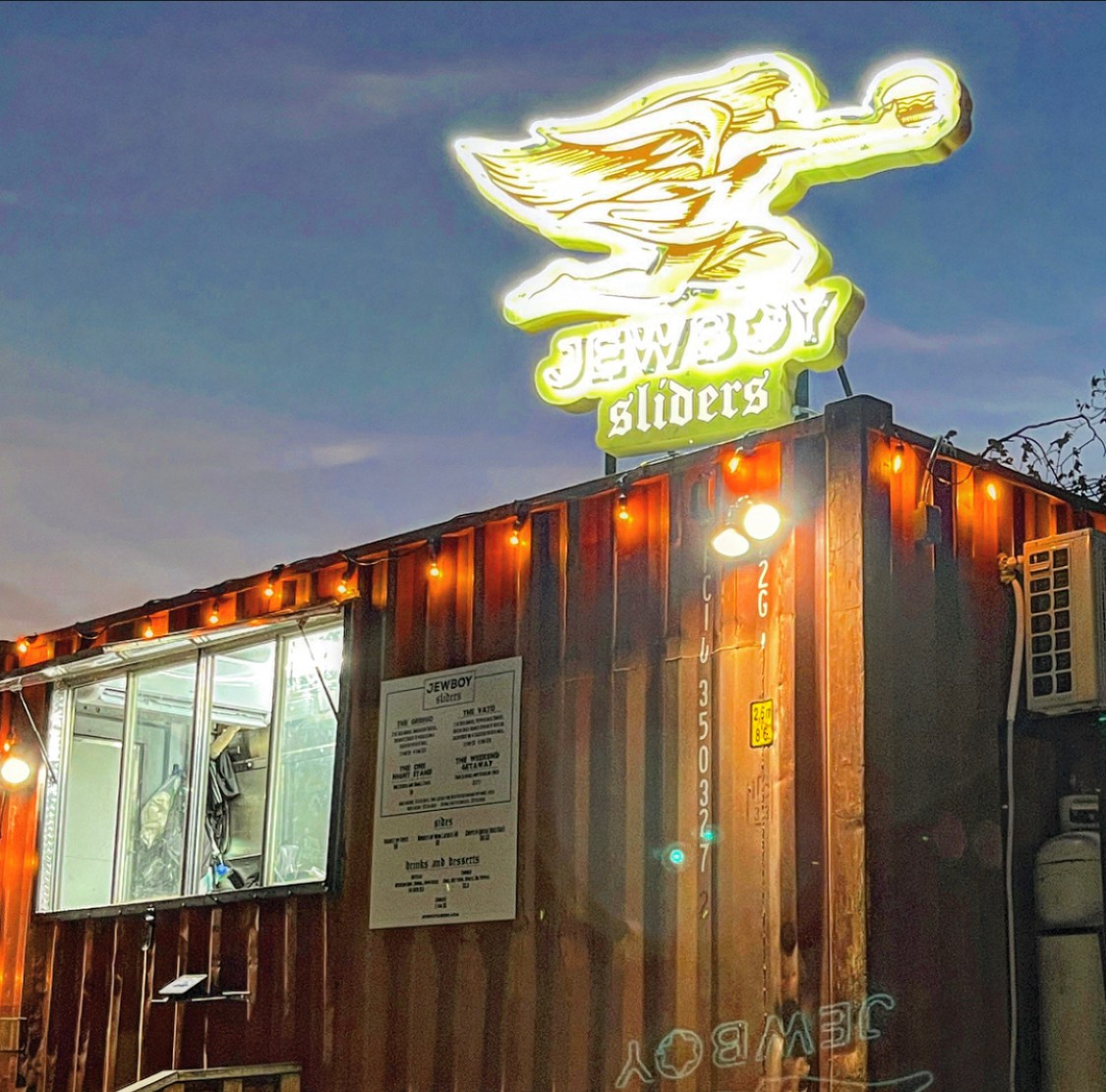
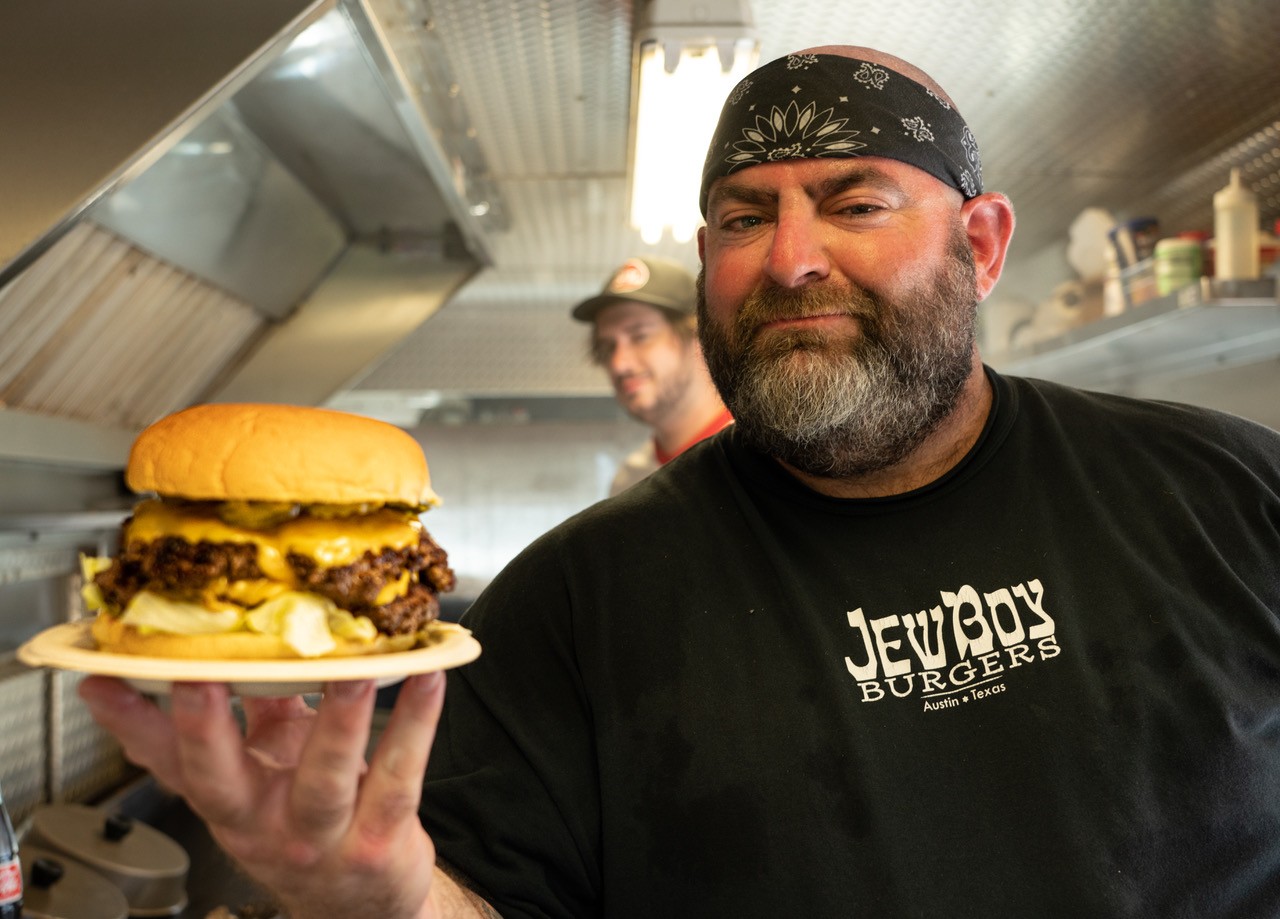
As always, we appreciate you sharing your insights and we’ve got a few more questions for you, but before we get to all of that can you take a minute to introduce yourself and give our readers some of your back background and context?
Born in Cleveland where my dad was attending medical school and raised in El Paso, Texas from the time I was 3 months old, I am a culture zealot. I think culture in all its fashions shapes our society and societies all over the globe. I attended college at the University of Texas at Austin in the early 90’s where I was pre-med. Seemed like the right thing to do. However, the more I studied, the less I felt like medicine was my future. Ultimately, after several changes, I landed on advertising. I felt it was a career where I could not only express my passion and be accepted for it, but a way to avoid having the same day twice. In its purest form, advertising is a fantastic form of communication. Mixing creativity with purpose isn’t as easy as it sounds. I always say that while I’m impressed with people who can think outside the box, it’s the people who do amazing things inside the box that really impress me. I was fortunate to come along in a period where traditional media had hit its peak and pushing creativity was something that the larger corporations were coming to accept. Agencies in markets not known for advertising creativity sprung up and crafted some of the most creative and productive work Ive ever seen. Some people think entrepreneurs simply dont want to have a boss. I actually liked having a boss, especially the good ones. I chose to start my own agency because I couldn’t accept being told what to do then being held accountable. As my agency grew, I soon came to learn that sadly this was an inevitability. When I started selling burgers out of a truck, I was struck by how happy food makes people, I found the people willing to seek out a relatively obscure food truck very interesting and the more I did it, the more I liked it. My focus changed from relevancy to tangibility. I had always hoped that the work I was doing would someday be relevant. Whether it was identity work for politicians or messaging for non-profits, I genuinely hoped they would leave lasting effects on our society. But the lack of tangibility always bothered me. Watching someone smile when they’re handed a bag and then enjoy their food proved to be incredibly satisfying to me. In September of 2020, I was able to move from a food truck to a brick and mortar location and things progressed from there. Currently, in addition to the burger restaurant, we have a second location making sandwiches and two, soon to be three making sliders. While I can’t be at all of them, I make it a point to be at each one and work the register. I suppose I still want to be relevant, only now I know that’s something for someone else to decide. I just try to stay true to the concept and ideally empower my employees to do the same.
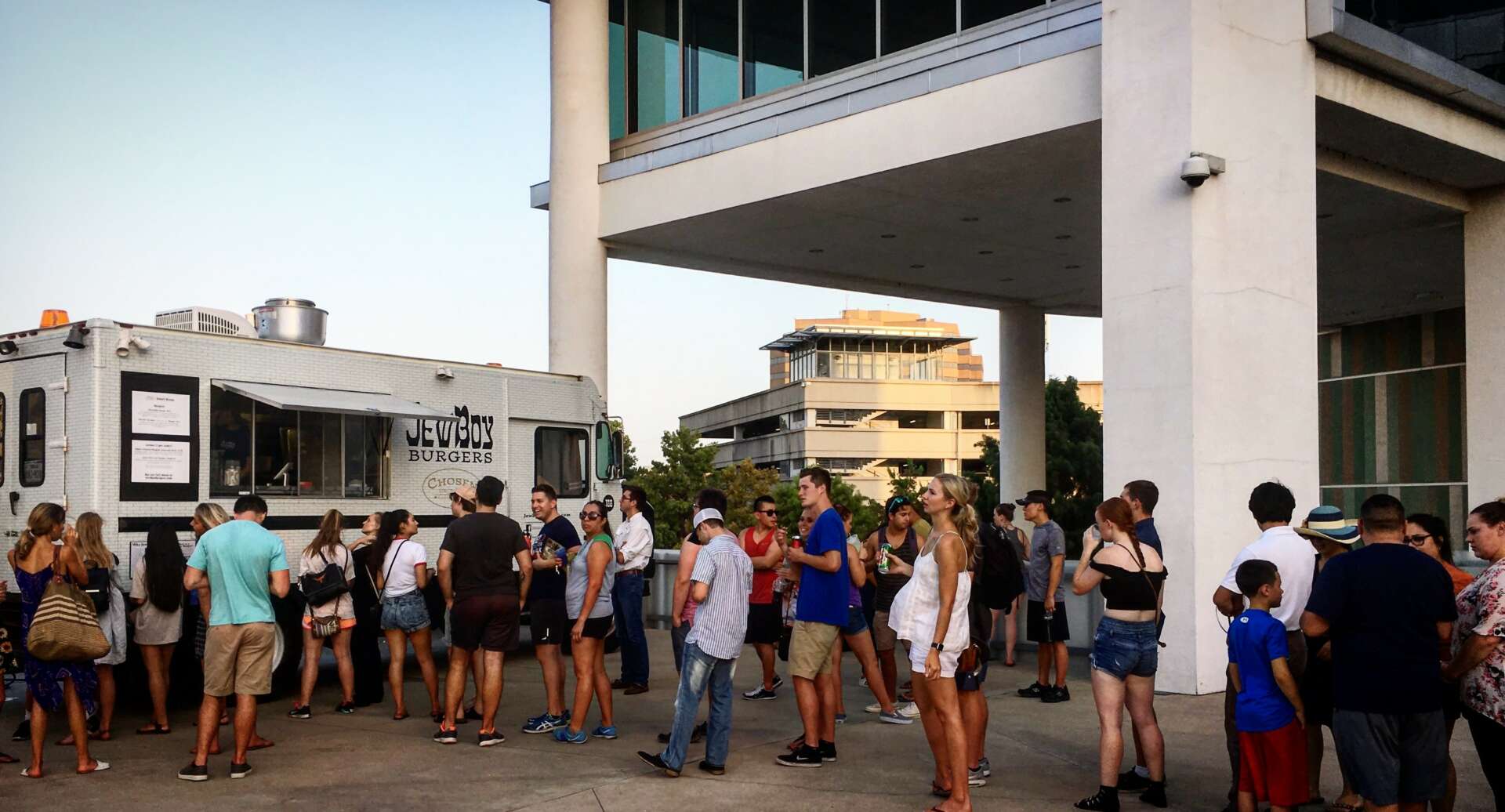
Can you tell us about a time you’ve had to pivot?
Started pre-med in college. Played in a band for few years (working cover band). Went back to school and got a degree in advertising. Worked on both coasts and several points in-between before opening my own shop in 2002. 2014, decided to become a consultant and moved back to Austin. Opened a food truck in 2016. A restaurant in 2020. Now we have 4, soon to be 5 locations. My whole life is a series of pivots. Until someone confirms to me that life is not a one way ticket, I struggle to allow unhappiness to be a regular part of my life. I’m no good to anyone around me when I’m not happy. Maybe that’s a little egocentric, but it’s genuine and truly makes me who I am. There are still some things I want to do, so who knows what’s next.
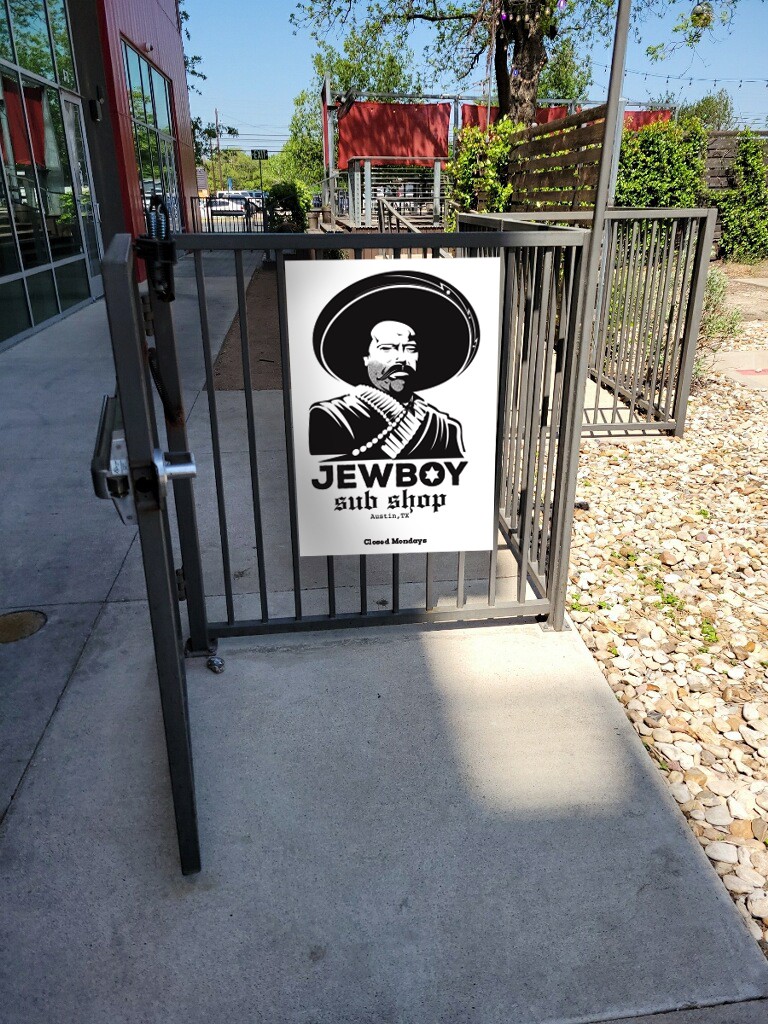
Any insights you can share with us about how you built up your social media presence?
One of the main reasons I opened the food truck was to learn social media firsthand. As a marketing/creative director, clients always asked about it, but I always got the impression they somehow thought it was free, or easier than traditional media. One of the things I found right away was you need to put social before media. if you approach it like you would a traditional campaign, you become that annoying person at the party who’s always talking about work or even worse, trying to sell people something in a social setting. It’s not a place for retail tactics. I never discount anyway because I believe that’s simply customer conditioning to want your product for less. They should want your product period. Bribing them doesnt make sense to me. I sooner give something away before I discount. That’s seen as a gift and not something people expect. A discount can quickly become an expectation. I like to say if you wouldn’t say it on a date, dont say it in media. repeatedly saying your name and spewing superlatives at people wont get you very far. Being interesting and relevant, that’s a different story. Additionally, I want other people talking about me in a positive way before I actually meet someone. Always better when the expectations are already high and the anticipation is piqued. I never buy likes or followers. Organic growth is key. Honestly is key. Finding your voice is key. Find the things that are interesting and share them. Simple. forced content is uncomfortable and works against you. not a big fan of sponsored posts. Would you be excited to meet a person who paid you to talk to them (I think we’ve all seen these movies “Can’t buy me Love, Can’t Hardly Wait, etc. ) You can pay someone to help you message, just make sure they really know who you are and what your message is.
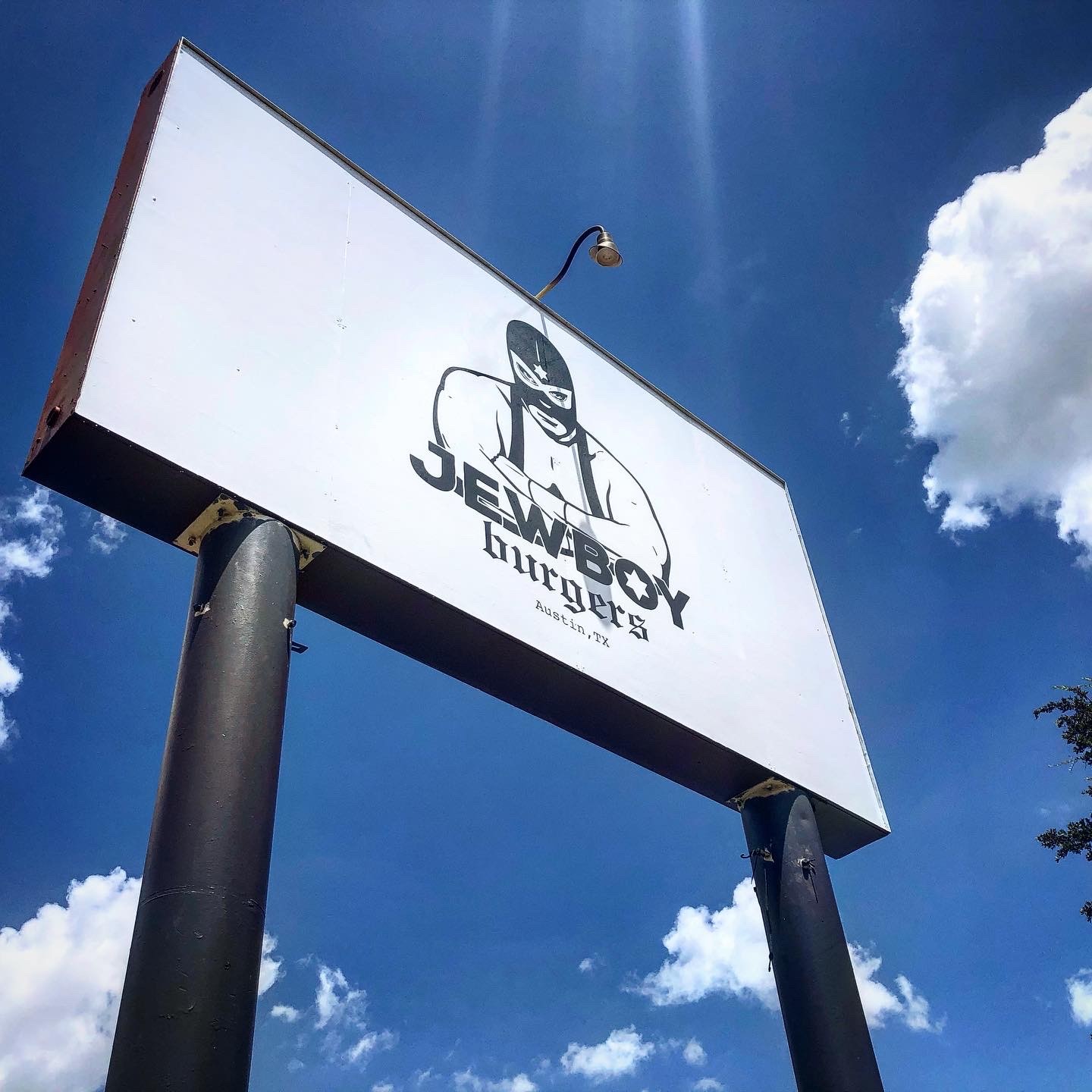
Contact Info:
- Website: jewboyburgers.com
- Instagram: @jewboyburgers
Image Credits
images by Jewboy Burgers


